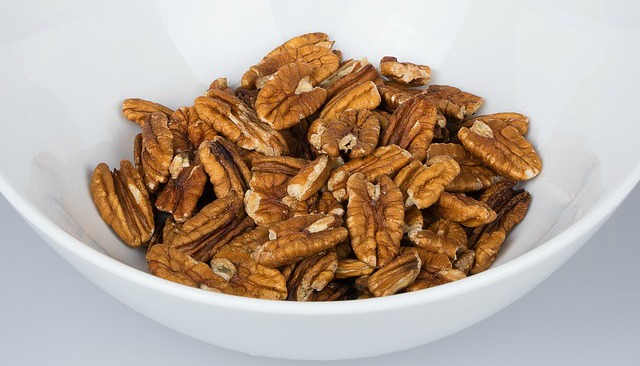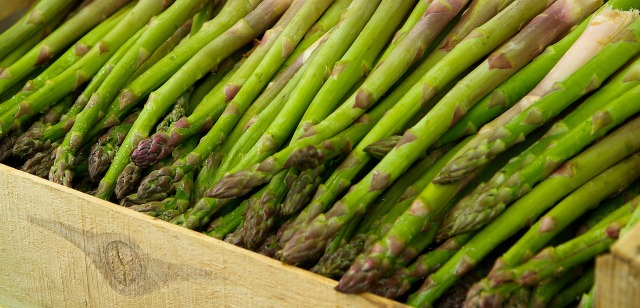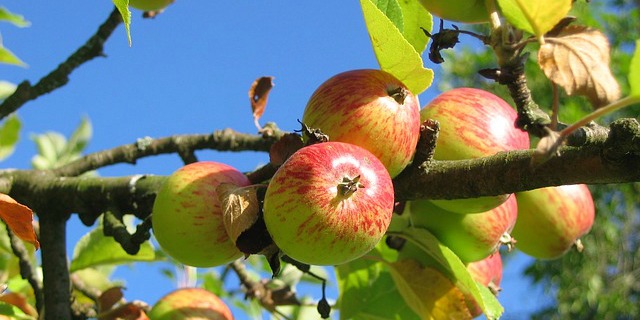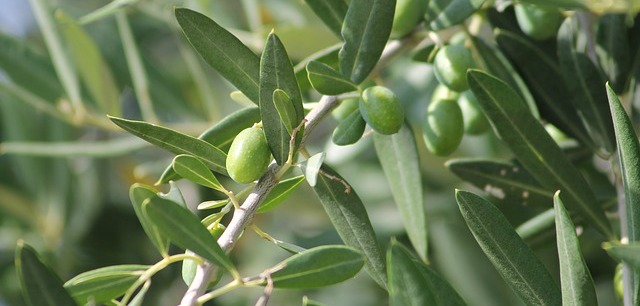 Reading Time: 6 minutes
Reading Time: 6 minutesPCOS, short for polycystic ovarian syndrome, affects between 8 to 20% of reproductive-age women in the United States. PCOS is a hormonal disorder that happens when there is a buildup of follicles in the ovary that cause a variety of symptoms that include, but are not limited to, irregular periods, acne, hirsutism, obesity, insulin resistance, infertility, and high levels of androgens in the body.
Although PCOS cannot be completely cured, it is possible to manage your symptoms and take back your life through proper nutrition. Read on to learn about fifteen great foods to nourish your body if it has been affected by PCOS.
1. Pecans
Pecans are a great snack food to help stabilize blood sugars and ward off sugar crashes. Pecans have no cholesterol, but they do contain large amounts of healthy unsaturated fats. Pecans are also packed with antioxidants, vitamin E, and other nutrients that reduce inflammation in the body.
2. Lamb
Lamb contains a large amount of vitamin B12, essential in the creation of red blood cells and myelin, a protective barrier for nerve cells. Vitamin B12 protects against fatigue, anemia, psychological and neurological disorders, memory loss, weakness, and lethargy.
When purchasing lamb, it is best to purchase grass-fed when possible. Grass-fed lamb contains higher levels of omega-3 fatty acids, and their building blocks, alpha-linolenic acid (ALA). Studies have shown that omega-3 fatty acids can lower testosterone levels, improve menstrual regularity, reduce hirsutism (abnormal hair growth), decrease insulin resistance, and reduce BMI (body-mass index).
3. Kale
When eating kale, be sure to only eat cooked kale. Fresh kale contains goitrogens, which suppress the activity of your thyroid and can further aggravate PCOS. Instead, eat kale steamed or sauteed in coconut oil or olive oil.
Kale contains a multitude of great nutrients, including calcium, which is important for follicle development in the ovaries as well as egg maturation. As with any vegetable you eat, aim for organically grown to avoid exposure to toxic pesticides and fertilizers that can potentially exacerbate PCOS symptoms.
4. Spinach
This dark, leafy green contains a large variety of nutrients. A few vitamins contained in spinach include vitamin K, vitamin C, and vitamin B6, all of which help reduce inflammation in the body. Eat spinach fresh in a salad or cooked in a favorite dish, such as crustless quiche.
5. Blueberries
These dark, juicy berries have one of the highest amounts of antioxidants in any food. Blueberries also help increase insulin sensitivity. In the summer, you can eat them fresh by themselves, as a topping on your breakfast, blended into a smoothie, or in a salad. Enjoy them frozen any time of year.
6. Haddock
Haddock is a great fish to eat if you suffer from PCOS. It contains a large amount of protein, omega-3 fatty acids, vitamin B12, iron, and zinc, while also being low in mercury. Haddock is a popular fish all along the Atlantic coast where it is found.
If you don’t have access to haddock in your local grocery store or market, try cod or sole, both of which are low in mercury levels and high in essential nutrients.
7. Chicken
Chicken breast is low in fat, but high in protein. Chicken breast also contains a lot of the B vitamins, such as vitamin B3 and vitamin B6. Vitamin B6 is an important fertility booster and hormone regulator, and also helps absorb zinc in the intestines. As with any meat you eat, aim for organic to reduce the dangerous toxins entering your body.
8. Asparagus
Asparagus is delightfully delicious when found fresh in the summertime. However, if you can’t find it fresh at the store or at the local farmer’s market, consider buying the canned or pickled version, which can be great on their own or in a variety of different dishes.
Asparagus contains glutathione, a powerful antioxidant that helps restore liver function. Asparagus can also reduce bloating, as it is a natural diuretic. It contains many nutrients that help combat PCOS, such as vitamins A, C, and K, as well as plenty of fiber. It’s low on the glycemic index, making it an excellent choice for avoiding sugar spikes. And it’s also known for producing inulin, a prebiotic that enhances gut health.
9. Garlic
In one study at Birmingham’s University of Alabama, tension in blood vessels was reduced 72% when test subjects were bathed in garlic juice (weird, but cool, right?). Researchers also found that red blood cells exposed to garlic juice emitted hydrogen sulfide, which helps relax blood vessels and increases blood flow.
10. Apples
Apples are low in calories and full of fiber. They contain many nutrients such as vitamins A, C, and B6, potassium, phosphorus, magnesium, calcium, and iron. Eating lots of fiber boosts your SHBG (sex hormone-binding globulin) level, which in turn helps combat against other free hormones, such as testosterone, that aggravate PCOS.
11. Macadamia Nuts
Macadamia nuts contain inositol, which has been proven to reduce symptoms of PCOS such as insulin resistance, hirsutism, acne, luteinizing hormone, testosterone, while at the same time helping with weight loss, insulin sensitivity, increased SHBG, and ovulation.
Macadamia nuts also contain monounsaturated fatty acids, which help to reduce cholesterol and triglyceride levels, aiding with weight loss and reducing the risk of cardiovascular diseases.
12. Romaine Lettuce
Romaine lettuce is one of the few lettuces that can take some heat. It can be excellent eaten either cold or grilled. Whichever way you choose to prepare it, Romaine lettuce is packed with a lot of great nutrients. One of the best nutrients it offers is chromium, which helps maintain stable blood sugar levels. This means romaine lettuce also helps curb appetite and increases weight loss.
13. Olive Oil
When choosing which olive oil to purchase, go for the extra-virgin oil, which is less processed and has more antioxidants to protect your heart. Researchers have found that olive oil reduces inflammation, blood circulation problems, and oxidant stress.
14. Salmon
Look for wild salmon when available. Farm-raised salmon may contain high levels of mercury and pesticides, which can aggravate PCOS symptoms.
People who suffer from PCOS have often been found to have low levels of vitamin D. Salmon is rich in vitamin D, which can positively affect insulin sensitivity, the ability to conceive, reduce testosterone levels, and improve your mood.
15. Brussels Sprouts
Brussels sprouts are a star player in the vegetable world and so easy to prepare. You can sautee them in a pan or bake them in the oven. Some grocery stores even carry microwaveable bags of Brussels sprouts.
One of the surprising things about Brussels sprouts is that if you pair them with a healthy whole grain such as quinoa, you have a meal with the complete range of amino acids. Brussels sprouts are also loaded with fiber, vitamin C, and indoles, a cancer-fighting agent. They also contain vitamin A, potassium, calcium, and folacin, making Brussels sprouts a really nutritious option for any meal.
You Can Combat PCOS and Enjoy Your Meals
Nutrition is one of the main factors that can influence a positive outcome for people with PCOS, helping them to lose weight, lower blood sugar levels, reduce hirsutism, balance hormones, and sometimes even regain fertility.
While it can take some time to learn which foods are PCOS-friendly and to come up with new recipes, there are many great options that support health and taste great. Take your time to figure out which foods work for you, and enjoy a new version of healthy.














